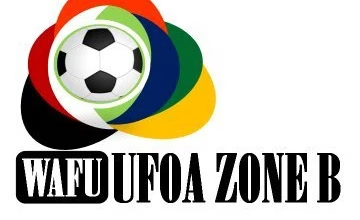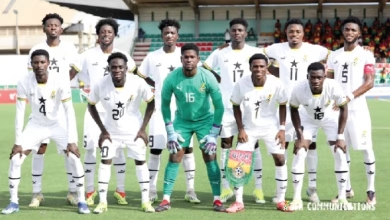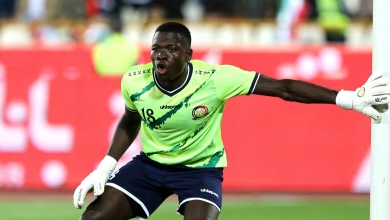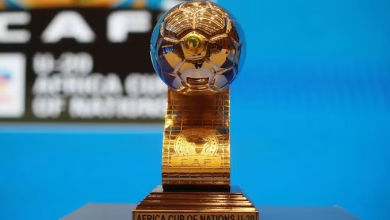Motsepe is re-elected unopposed as CAF president
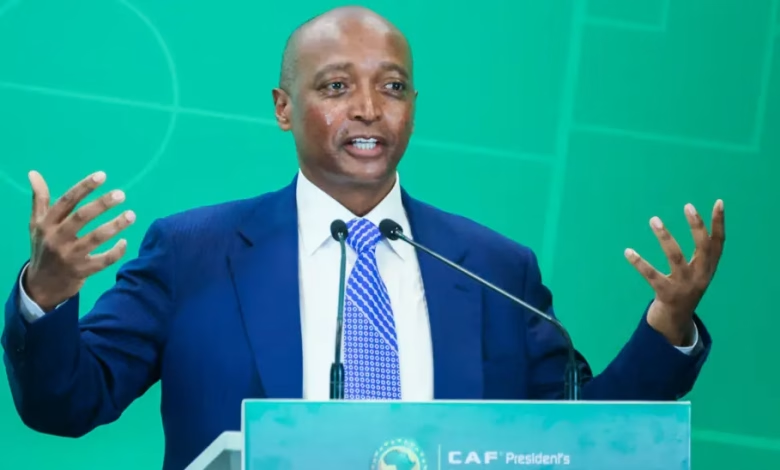
- Motsepe Re-elected unopposed for a second term as CAF president
- CAF's Afcon profit reached $72 million
- Motsepe prioritizes improving Africa's national stadiums
Patrice Motsepe has been re-elected unopposed for a second term as president of the Confederation of African Football (CAF).
The 63-year-old South African, who has held the position since 2021, confirmed his decision to stand for re-election in October 2024. His second four-year term was ratified during the CAF extraordinary general assembly in Cairo on Wednesday, which was attended by FIFA president Gianni Infantino.
Motsepe, a mining tycoon and owner of South African club Mamelodi Sundowns, expressed his desire to continue building on the “positive progress” made since he took office four years ago.
Although Motsepe’s re-election was largely a formality, elections were also held for positions on CAF’s executive committee, with Cameroonian football legend Samuel Eto’o securing a seat. Additionally, the representatives for the FIFA council from Africa were elected during the assembly.
Motsepe’s second term was effectively decided before the event in Cairo, as he was the only candidate running for office. The lack of opposition may be seen as a strong endorsement of his leadership, especially after he took over the reins of CAF in 2021 during a period of crisis.
He succeeded Ahmad of Madagascar, who was the first CAF president to be banned by FIFA. Under Motsepe’s leadership, the African football body has experienced significant financial growth, with last year’s Africa Cup of Nations (Afcon) generating a $72 million profit—18 times the amount raised by the 2022 edition.
When announcing his intention to run for a second term, Motsepe told the BBC that while progress had been made, “there is still a lot of work to be done.” In his speech on Wednesday, he emphasized the need to address the state of national stadiums across Africa as a priority.
“In 2021, 36 countries did not have football being played in their stadiums. That number has reduced to 12, but this is still too many,” he remarked. “At CAF and FIFA, our job is to continue supporting the development of sports infrastructure.”



